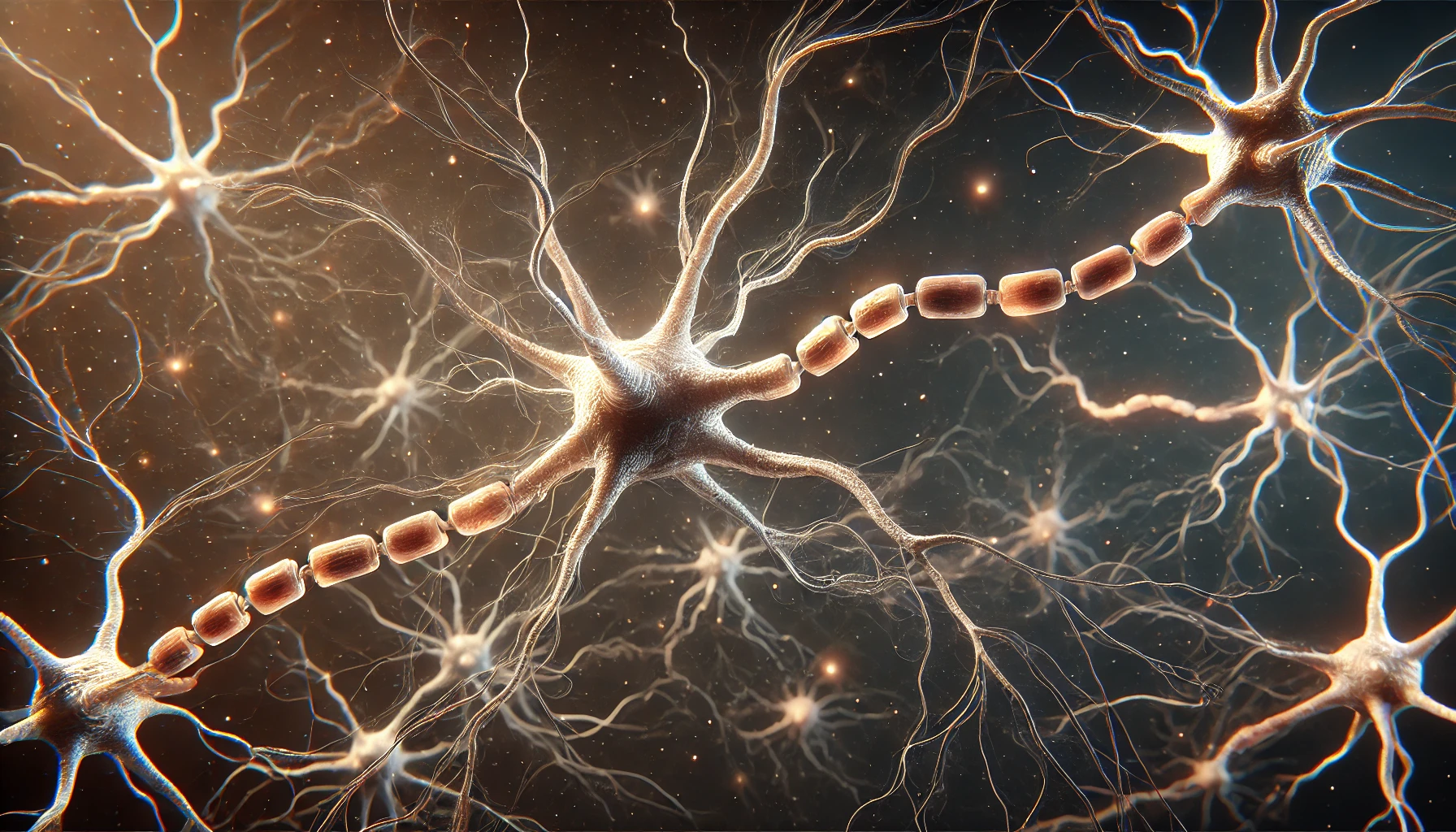Trump Appoints Jay Bhattacharya as NIH Director amid Health Policy Controversy

Donald Trump's appointment of Jay Bhattacharya as the National Institutes of Health (NIH) director is part of a series of controversial health appointments that have sparked widespread debate. Bhattacharya, a Stanford University professor, is known for co-authoring the Great Barrington Declaration, which advocated for herd immunity during the COVID-19 pandemic, a stance that was widely criticized by health authorities. In addition to Bhattacharya, Trump's health team includes Robert F. Kennedy Jr., known for his anti-vaccine views, and other figures like Jim O’Neill and Dave Weldon, who are associated with unconventional health approaches[1][2]. These appointments suggest a marked shift towards more controversial health policies, focusing on issues such as chronic illness and the reevaluation of pharmaceutical products amidst broader public health debates[2].
References
Explore Further
How might Jay Bhattacharya's appointment as the NIH director impact the future direction of pandemic policy in the United States?
What are the potential implications of including other figures like Robert F. Kennedy Jr. in Trump's health cabinet on vaccine policies?
How has the scientific community responded to the principles outlined in the Great Barrington Declaration since its publication?
What challenges could arise from a shift towards unconventional health strategies under the new NIH leadership?
How does Bhattacharya's academic background in health economics influence his approach to managing public health policies?